 | « Back to article | Print this article |
Nature's Basket zeroes in on pushing joint ventures, focusing on private labels and re-entering Delhi.
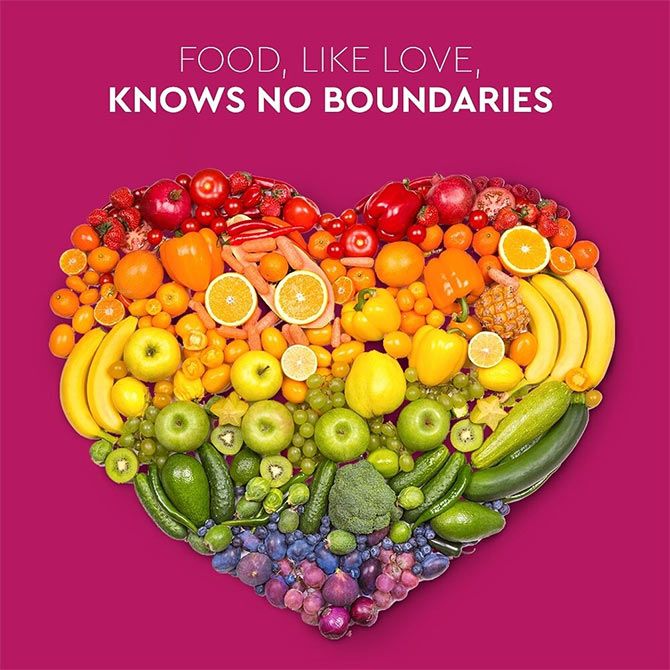
Godrej Nature’s Basket, one of the early brands to have entered the grocery and supermarket store space, is rethinking its strategy as it plans to re-enter the Delhi market two years after it vacated it, explore fresh markets through joint ventures and push its private label business.
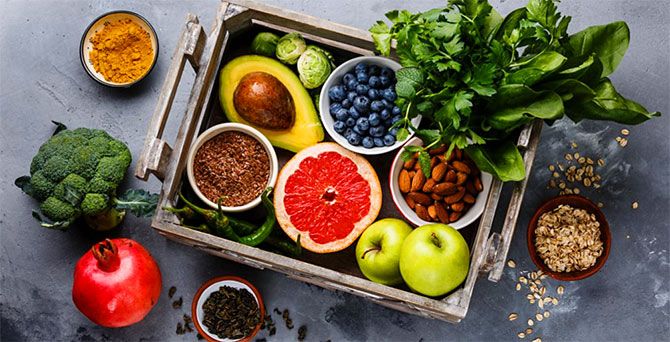
Avani Davda, the company’s new managing director who joined two years ago, says one reason why the company shut down seven stores in the NCR market is that “going pan-India is a drain for a chain that has just 37 stores but 32,000 SKUs (product units).”
By way of example, she points to the $10-billion Yonghui Superstores of China, a grocery chain that has between 7,500 and 8,000 SKUs only. Davda has taken a cue from the success of larger players, shrunk the footprint, slashed SKU count to around 7,500, expanded offerings on fresh produce, meats and bakeries.
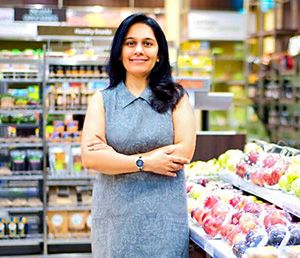
She says the objective is to be seen as “a warm and friendly neighbourhood store” regardless of the city it operates in. “We don't want to be seen just as a gourmet store anymore,” Davda says. As far as financials go, the narrative has improved. The average ticket size per customer, which was Rs 800 three years ago, is now Rs 1,400 plus.
Revenue in markets where the company is currently present (Mumbai, Pune and Bengaluru) has increased from Rs 2.29 billion to Rs 3.25 billion. Over the last financial year (ending 2018) and the company reports being EBITDA positive.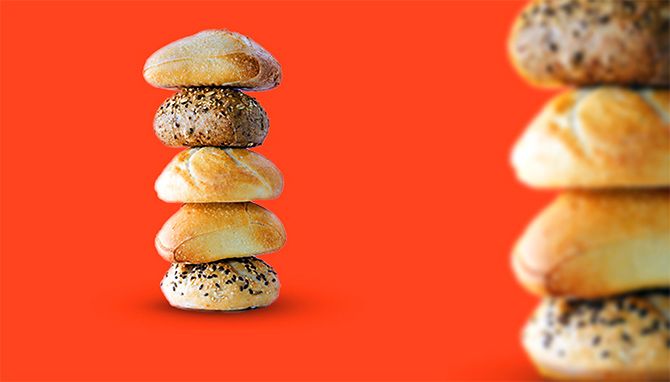
Recently, in August, Godrej acquired a stake in Goa-based retail chain Magson's. This will be a joint venture whereby Godrej will assist in sourcing, merchandising and putting together an assortment. Also on the anvil is a plan to expand store count to 90 in the next five years and achieve a revenue target of Rs 10 billion. That will include adding around five stores in Delhi by next year, and another dozen in Mumbai which will aid in shoring up revenue projected to reach Rs 4.5 billion by March next year.
Other cities that will drive growth include Hyderabad and Chennai. As example, Nature’s Basket in Worli that opened in October last year is entirely different from the others. It features better organised aisles, departments are well-illuminated and easy to find. It’s almost as if a customer can see everything within 30 seconds of walking and decide what he or she wants to buy. A part of the company’s “Refresh 2020” campaign designed to galvanise change across the company, Worli became the first store with a layout that its upcoming stores will sport.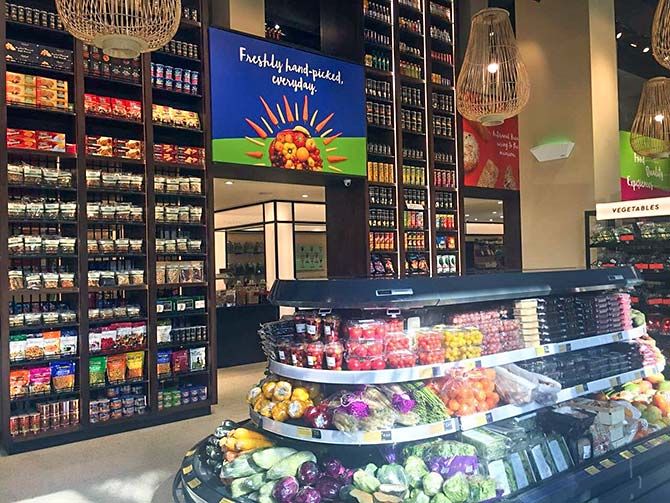
Company officials say revenues are projected to grow at a CAG of around 25 per cent a year to reach Rs 10 billion by 2022 at which time they also hope to have anywhere between 80 and 90 stores. Driving a significant part of that growth are two non-traditional engines. Online sales, which reported 15 per cent growth, is one, and the other is the growth of the firm’s private label business that is also at 15 per cent of revenue and is projected to reach 25 per cent in the next four years. The private label business comprises three brands that include L’Exclusif , Healthy Alternatives, and Natures.
While the blueprint may seem okay in theory, the reality is that different cities have different targets and different pace of growth. In Mumbai, for example, Nature’s Basket targets the south Mumbai or suburban housewife who shops for blueberries, avocado, and Dutch asparagus. In Goa, where they are tied up with Magsons, it could be softer alcoholic beverages, snacks and fast food products that fly off the shelves the fastest given the transient tourist population.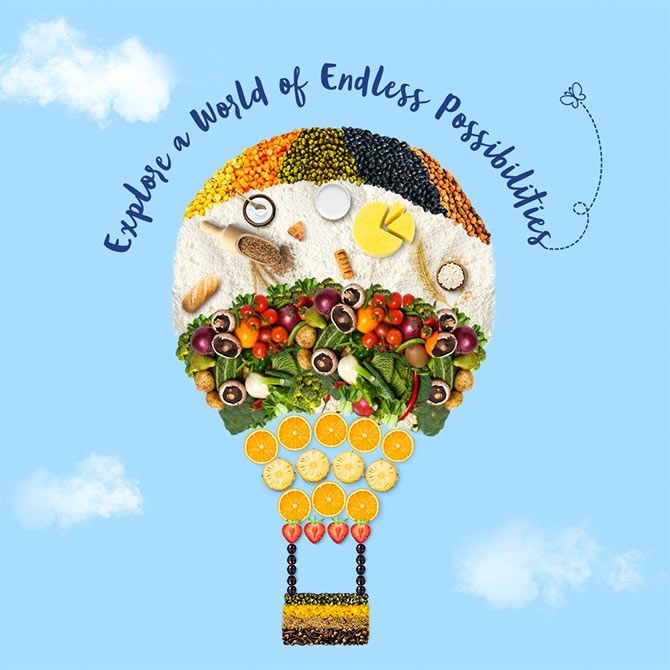
Effectively knowing the target demographic group is supremely important in retail. Abhijit Ranade, partner and head for customer and channel at KPMG India, says that above and beyond all else, management of all retail businesses must figure out who their customer is. To a large extent, Nature’s Basket, founded in 2005 with a 1,000 employees, is still figuring out what works and what doesn’t. “Seasonal experimentation is something that we can’t get away from,” Davda says.
She has a point but continuous experimentation can deter customer frequency, according to analysts. “Any grocery store needs to find out whom they want to serve and stick to that demographic in a particular market,” says Ranade, adding that one can’t serve everyone at a store in a city neighbourhood because socio-economic demographics are too many to cater to.
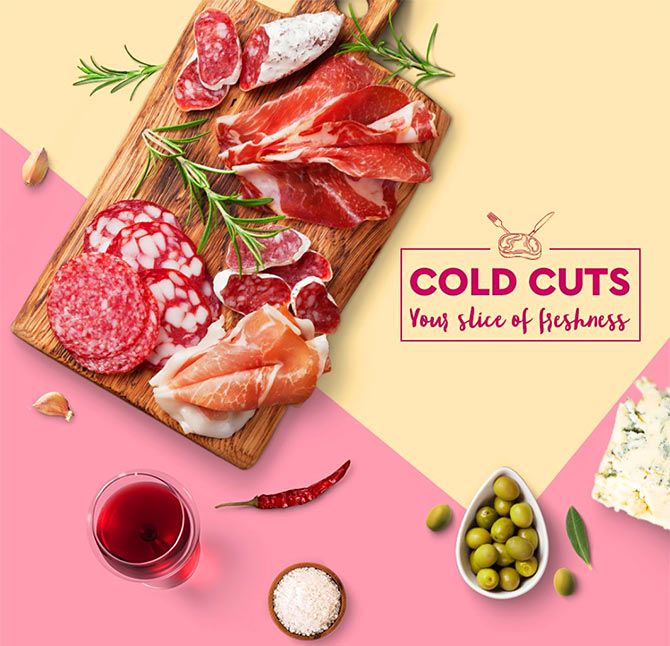
What works for Nature’s Basket is great customer service and locations in neighbourhoods that have a higher density of the targeted socio-economic groups. That in itself makes for strong branding. The ongoing challenge is curation and gearing stores with the right combination of fresh produce and packaged foods with a specific reference to local markets and sensitivities.
But there are even bigger threats. Amazon, Flipkart and Big basket all offer food shopping platforms online. “The bigger risk is if you are not omni-channel today,” says Davda, adding that she thinks that’s the combination that will drive sales for at least a decade.
In the meantime, how consumer behaviour changes will determine shifts in retail business.
